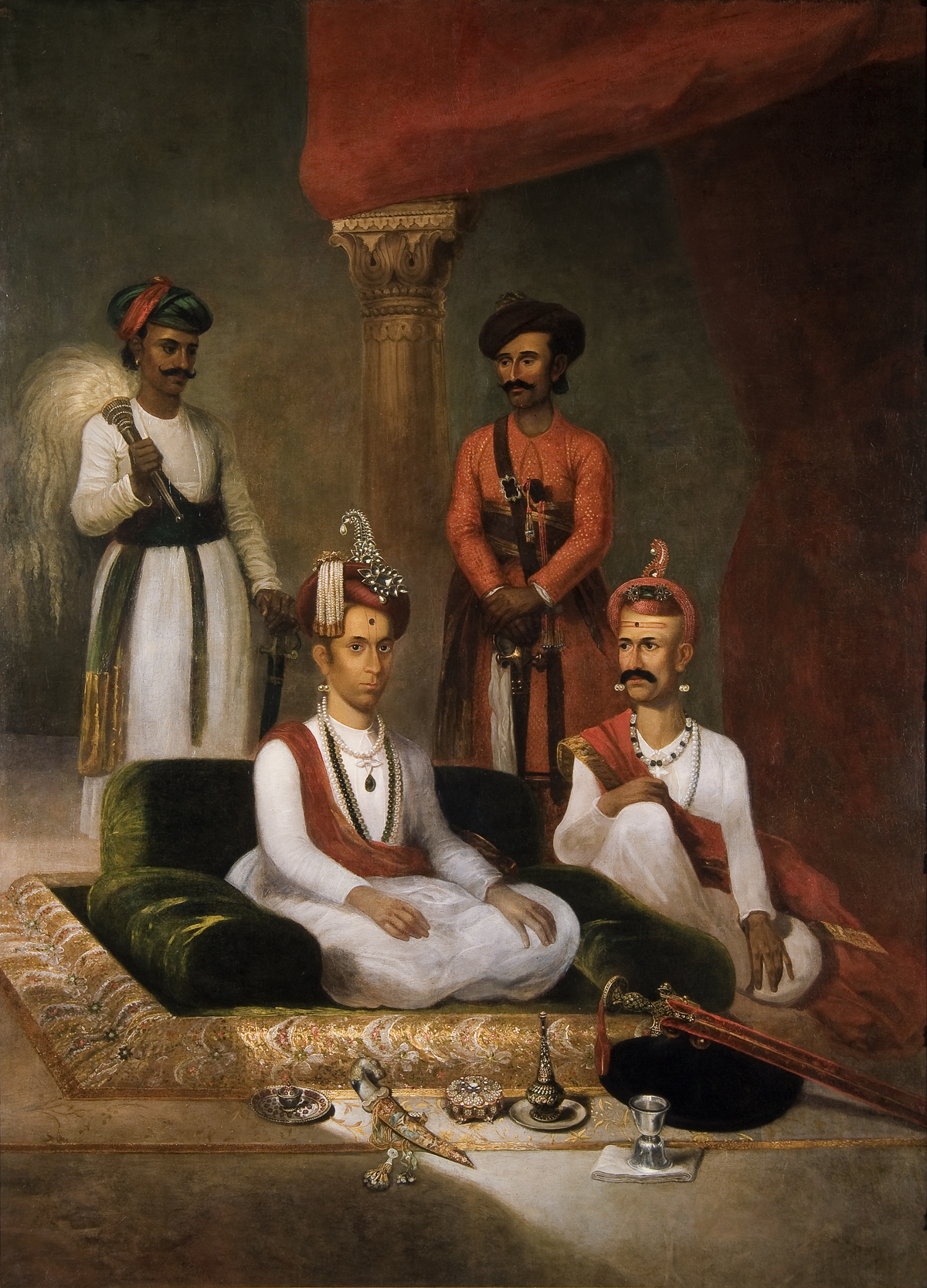
Raut praised Fadnavis for working “in the background” with the cabinet sub‑committee on Maratha reservation, acknowledging that the government’s intervention had effectively “saved Jarange’s life” and demonstrated notable patience despite fierce criticism from agitating Marathas.
Yet within his own party, Shiv Sena, not all voices echoed this sentiment. Sushma Andhare questioned the efficacy of the government’s response, calling into question the use of a Government Resolution as opposed to legislation. She argued that whereas legislation carries permanence, a GR may be more vulnerable to legal or political reversal—she warned this approach risked misleading the activist.
The resolution of the agitation followed five days of intense protest. Manoj Jarange ended his hunger strike after the state government accepted most of his demands, notably the issuance of Kunbi caste certificates to eligible members of the Maratha community under the OBC reservation framework. The move included invoking provisions from the Hyderabad gazetteer and setting up village-level verification committees.
Earlier in the process, Jarange had escalated his protest to include the refusal of water and threatened to “die or brave bullets,” intensifying pressure on the state administration. The situation created significant disruption across Mumbai, with tens of thousands of supporters gathering, and major traffic and public transport systems severely affected.
Chief Minister Fadnavis, facing a politically charged and legally sensitive backdrop, had consistently ruled out inclusion of Marathas directly into the OBC quota, affirming that such a move would provoke backlash from established OBC communities representing hundreds of groups. Instead, his administration pursued a constitutionally grounded route, arguing for independent reservation benefits akin to SEBC status, rooted in previous policy frameworks.
In Nagpur, Revenue Minister Chandrashekhar Bawankule defended the government’s approach, reiterating that Maratha reservation would not come at the cost of the existing OBC quota. He highlighted that the quota was initially approved under Fadnavis in 2014 and affirmed support for an independent quota, shared by Deputy Chief Ministers Eknath Shinde and Ajit Pawar.
This distinctive mix of internal praise and internal scepticism within Shiv Sena reflects broader political tensions. Raut's admiration of Fadnavis marks a departure from his usual criticism of the BJP, while Andhare’s doubts warn of fragility in the resolution strategy. The unfolding developments suggest that while the immediate strike has ended, the debate over legal solidity and political strategy surrounding Maratha reservation is far from settled.
